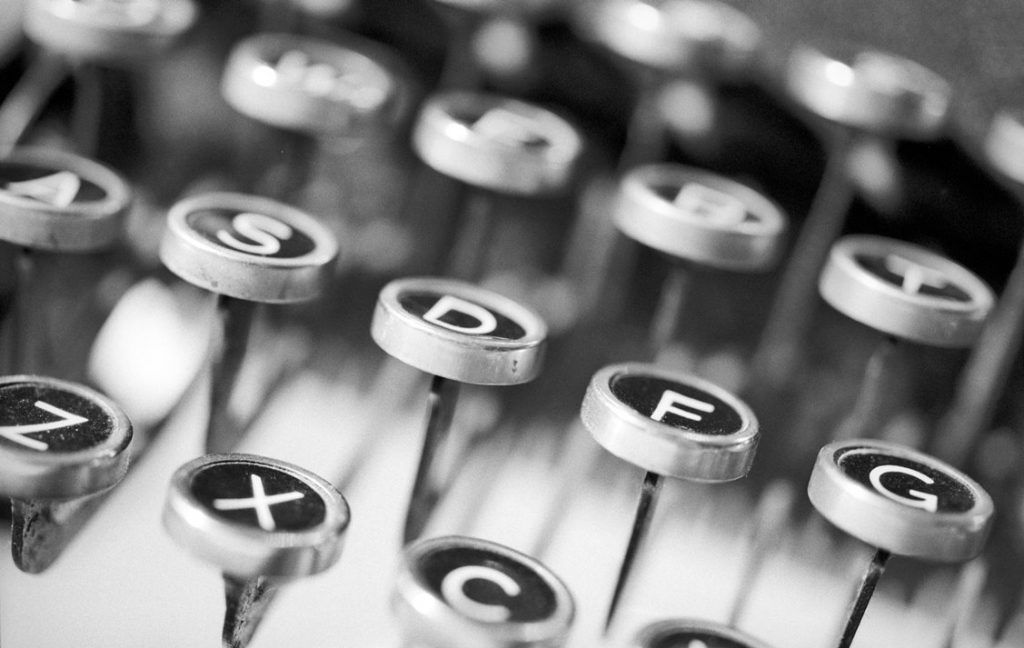Curious Words in Dutch: Opdat Posted by Sten on Nov 20, 2017 in Culture, Dutch Grammar, Dutch Language, Dutch Vocabulary
There are many strange words in a language. Words that are just not used much, words that are pronounced in a weird way… Just words that have something curious about them! And those are the ones we look at in this series. Starting today with opdat.
Voegwoorden
Opdat is a voegwoord (conjunction). This means that its purpose is to paste two sentences together. There are many voegwoorden around, such as maar (but), als (if), voordat (before), and more. So what is so curious about opdat, why does it deserve a post for itself?
That is because opdat is used very little. Its meaning is close to the meaning of the word zodat (so that, so as to), and that word is just used a lot more. Just compare: Googling opdat gives about 3 million results, while googling zodat gives more than 60 million results. So what is the real difference between these two words?
Opdat and Zodat
So what is the difference between the two? Both are grouped under voegwoorden van reden, oorzaak en gevolg (conjunctions of reason, cause and consequence). This means that they connect a statement with a reason, cause or consequence. For example: Hij fietste snel naar huis, zodat hij niet te laat zou komen (He quickly cycled home, so that he would not come late). In this sentence, you could also use opdat: Hij fietste snel naar huis, opdat hij niet te laat zou komen. So here, the meaning is exactly the same, just that opdat is a lot more formal, and you won’t really hear it in spreektaal (everyday language).
The real difference in meaning is that zodat has another one. It can also connect a gevolg (consequence), which opdat cannot: Het geld was op, zodat vader wat moest lenen (The money was spent, so that father had to borrow some). As you can see, it does not seem like the most natural construction either. We would mostly use something more conclusive, such as dus for a consequence: Het geld was op en dus moest vader wat lenen (The money was spent and so dad had to borrow some). This just rings better, also in English.
A little nuance is still in when people would use opdat. Mostly what you find is that it is used to specifically connect a goal: ik eet vegetarisch, opdat ik gezonder leef (I eat vegetarian, so that I live more healthy). What we would rather say is: ik eet vegetarisch om gezonder te leven (I eat vegetarian to live more healthily).
In the end, you can say that they can be used both in situations where the consequence is also the goal. So in the example of cycling home quickly, not being late would be both consequence and goal, so both could be used. But again, instead of opdat, zodat or om … te are used more.
So if opdat is actually useful, why is it used so little?
Less used
Opdat is used a lot less nowadays. It is hard to find why exactly that is, but I have a hunch that it is related to the naamvallen (cases). Opdat was connected to the third naamval, the dative case. However, the naamvallen do not exist much anymore in Dutch grammar. Most rules, such as des or der were replaced with van de/het. And since the use of opdat depended on the naamval, it may be that it fell into disuse because of the decline of the naamval.
Do you like the word opdat? Would you use it? What other curious words do you know in Dutch?

Build vocabulary, practice pronunciation, and more with Transparent Language Online. Available anytime, anywhere, on any device.





Comments:
Miss Footloose:
Good lord 😉 Yes, being Dutch I know the word ‘opdat’ but have never used it in my life, but seen it only in written text. Forgedaboutitalready! That said, I love languages. Right now struggling with French!
Sten:
@Miss Footloose Haha, same here! I never actually use it, and heard from it the very first time from my history teacher in High School…
Good luck with French! 🙂